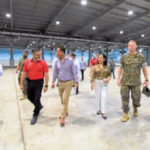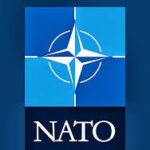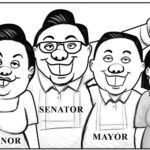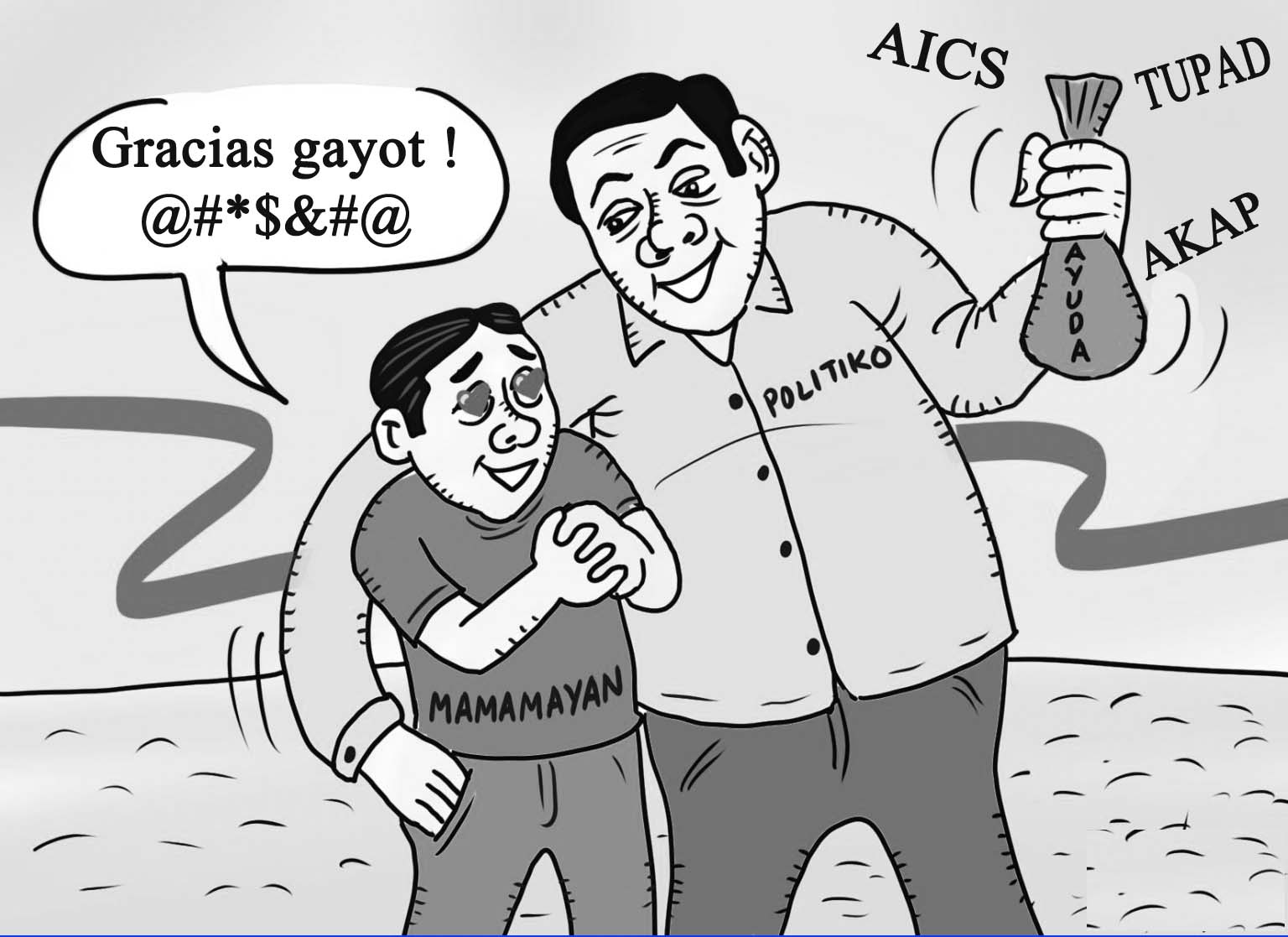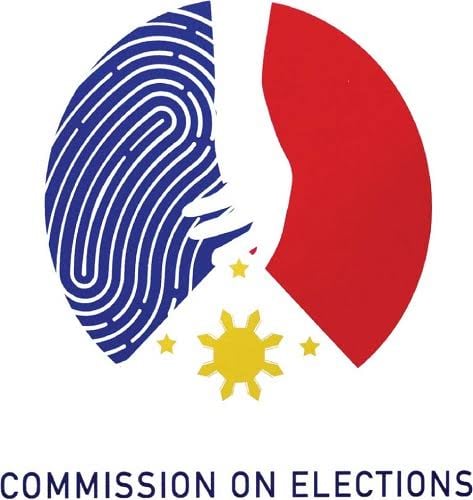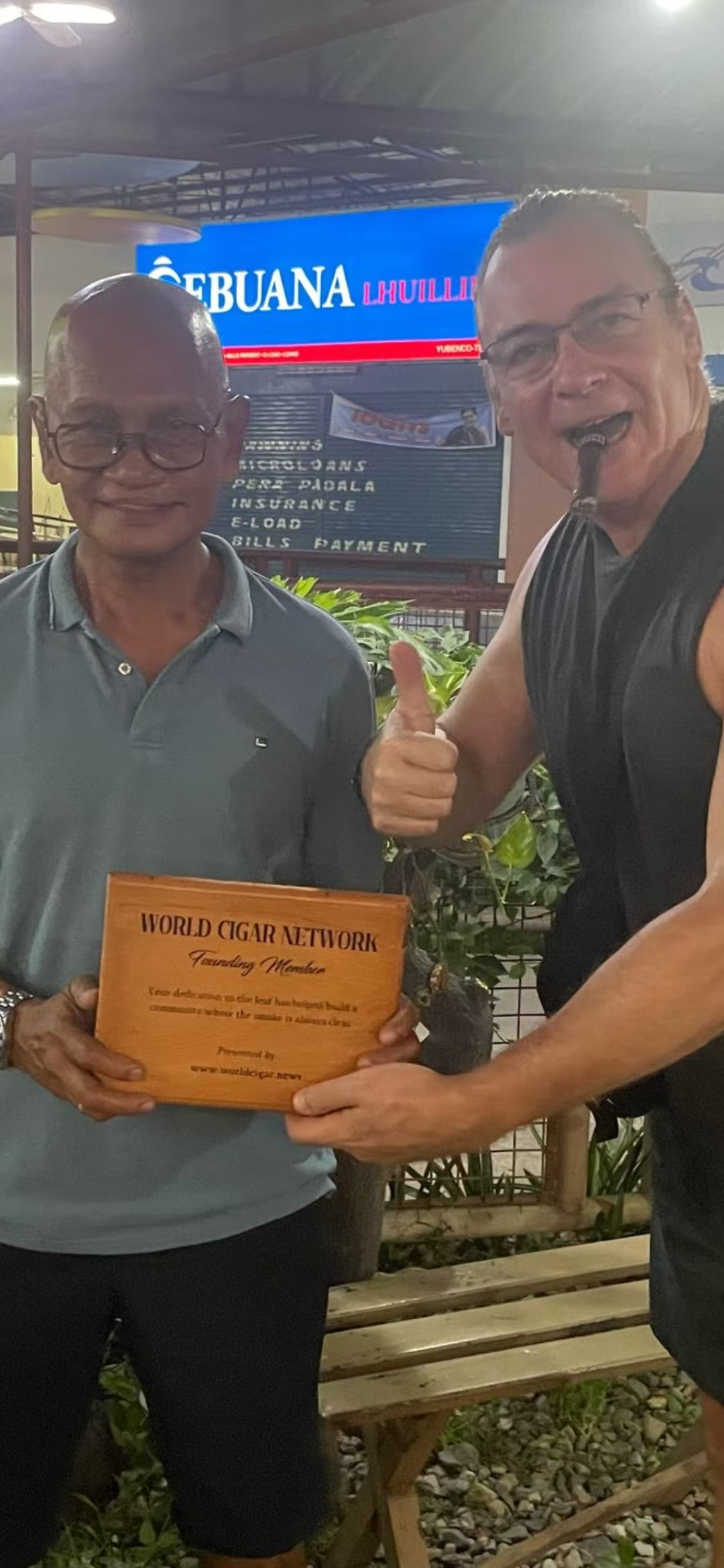Sheilla Lee, RN
As the sun rises over the bustling streets of Zamboanga City, politicians, led by a prominent local official, embarks on a public relations exercise (PR stint) aimed at showcasing their commitment to serving the poor and vulnerable segments of society. Today, they are distributing social financial assistance to individuals and families in need, a routine activity that is often more about self-promotion than genuine concern for the welfare of the recipients.
The financial assistance was meant to coinciding with the start of the wet rainy season, when families are plagued by power outages, water shortages, and meager food supplies. The organizers assure the gathering of hundreds of people that this gesture of goodwill will bring relief to those struggling to make ends meet.
The distribution takes place at a congested public venue, public school covered courts or multi-purpose halls, sometimes there are makeshift stages and tables are set up to accommodate the crowd. The atmosphere is electric, with loud music blaring from loudspeakers and chants of “Thank you, XXXXX!” and “Long live the XXXXX!” echoing through the air.
The politicians, flanked by some city councilors and government officials, takes center stage to announce the start of the distribution. In a carefully scripted speech, highlights the city’s achievements in strengthening its economy and improving basic services, while also emphasizing the importance of helping the less fortunate.
With the ceremony underway, a line of volunteers begins handing out cash and merchandise, such as food packs, personal care items, and school supplies. The crowd surges forward, with people of all ages clamoring for attention and assistance. Some individuals carry makeshift signs bearing pleas for help, while others showcase photos of their sick relatives or damaged homes.
As the distribution progresses, the atmosphere becomes increasingly chaotic, with recipients jostling each other for priority and volunteers struggling to maintain order. Some individuals are visibly frustrated, while others show gratitude and appreciation for the aid. Amidst the commotion, the mayor and his team circulate, shaking hands, taking photos, and handing out cash and gifts.
For the politicians, the event is a vital PR exercise, designed to boost their popularity and reinforce their image as champions of the poor and marginalized. They know that such public gestures can buy goodwill, silence critics, and justify their presence in office. By handing out cash and merchandise, they hope to create a sense of loyalty and obligation among the recipients, thereby securing their loyalty and support in future elections.
However, many of the recipients, while appreciative of the aid, are also aware of the ulterior motives behind this PR stunt. They know that the government’s records of non-payment of social benefits, delayed disbursements, and inefficient distribution schemes are all too common. For them, the distribution of social financial assistance is just a token effort, meant to placate the masses without genuinely addressing the underlying issues of poverty, inequality, and exclusion.
As the event concludes, the crowd begins to disperse, with the mayor and his team basking in the adoration of their followers. The sounds of music and applause linger in the air, but the true impact of this PR exercise is left to be seen. Will the distribution of social financial assistance translate into lasting change, or is it just another fleeting moment of publicity, designed to paper over the cracks of a system in need of deep overhaul? Only time will tell.

